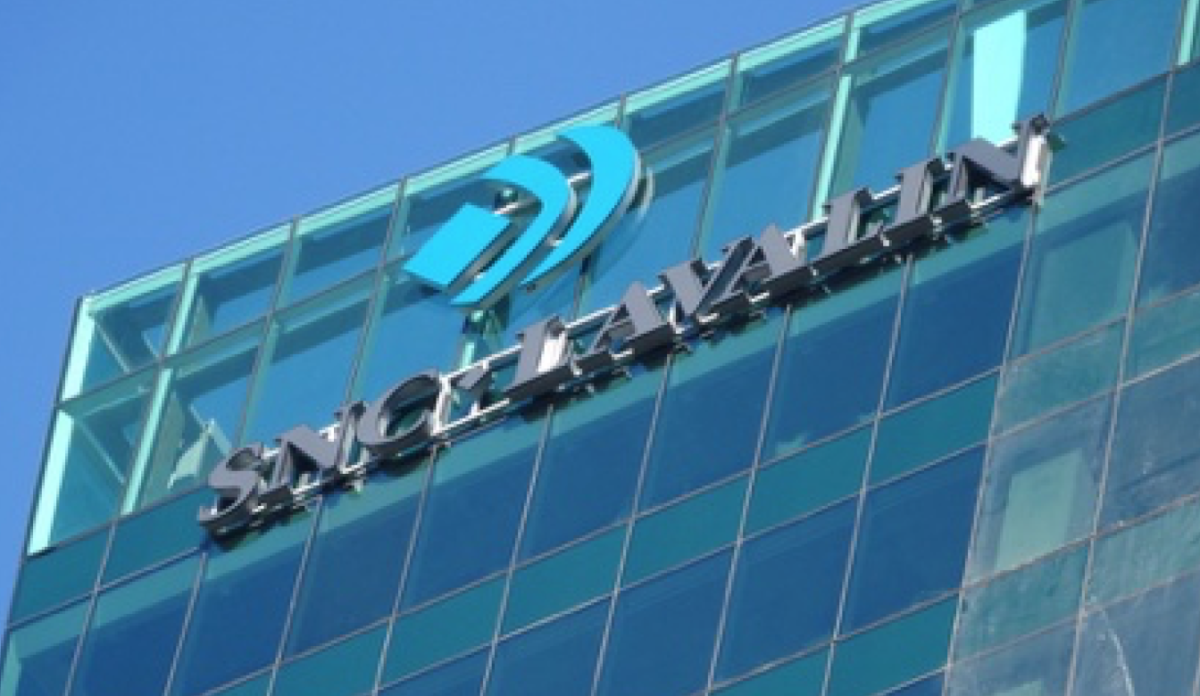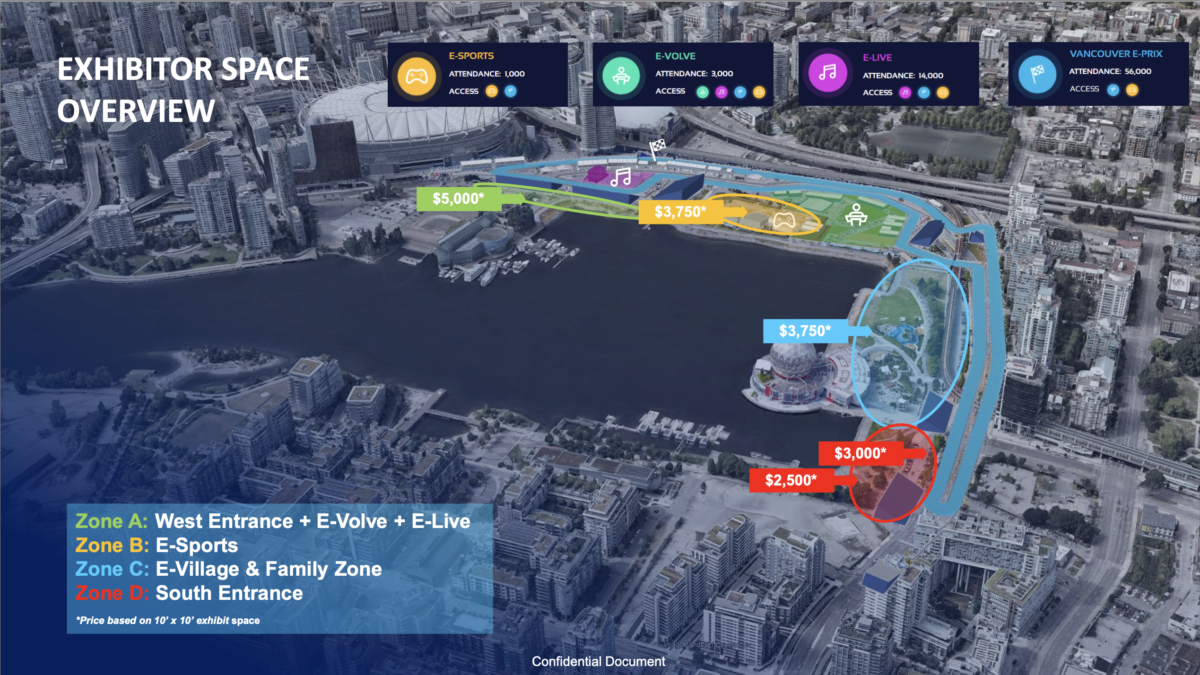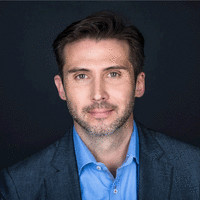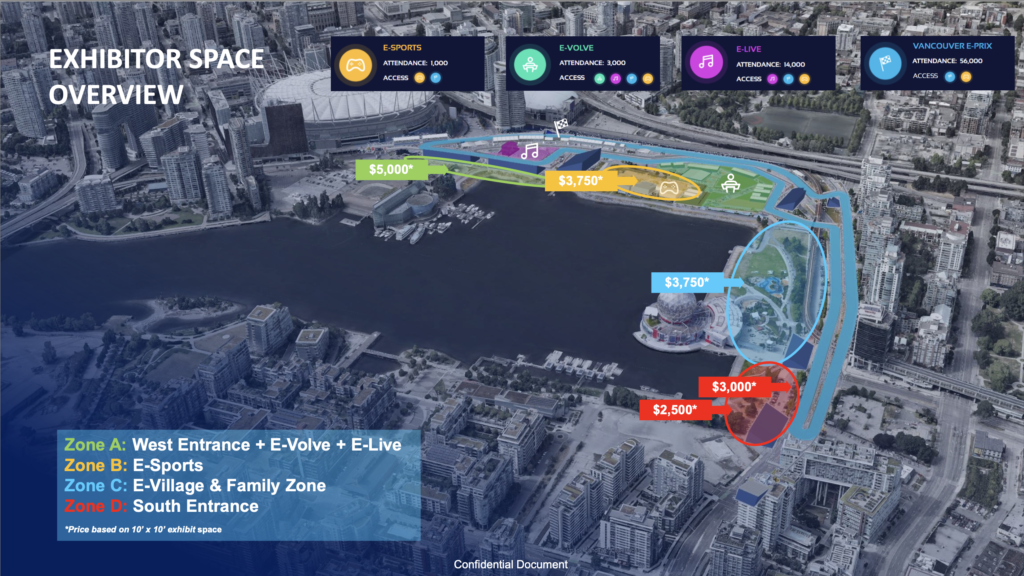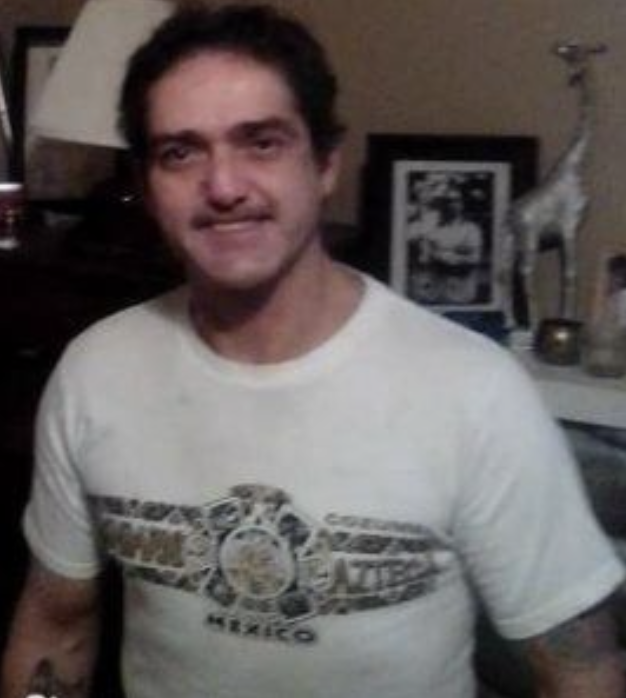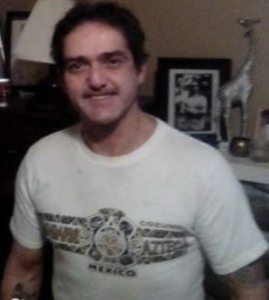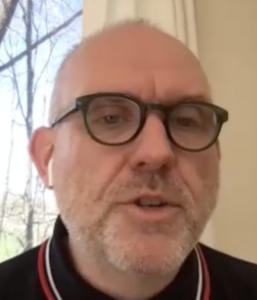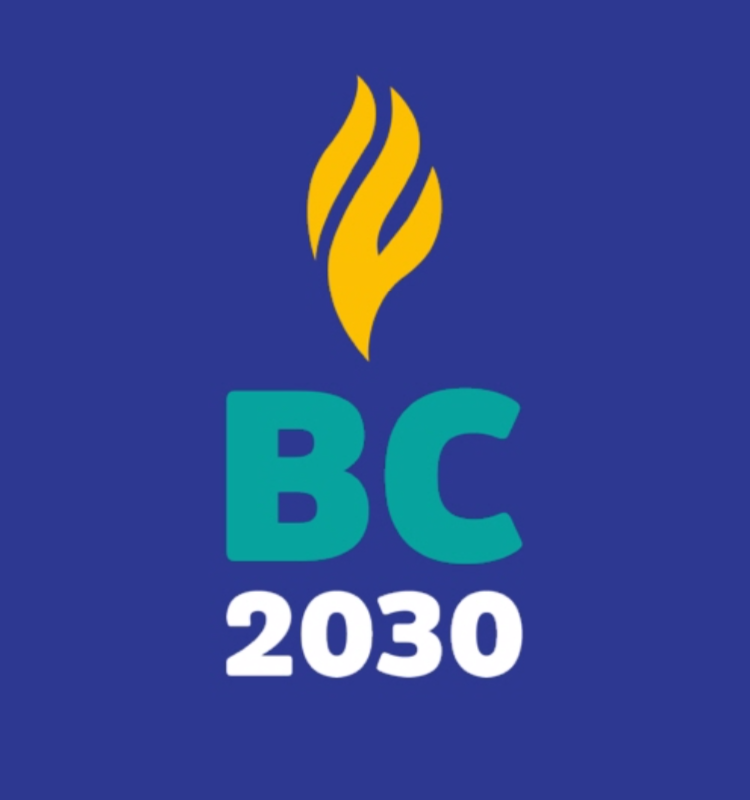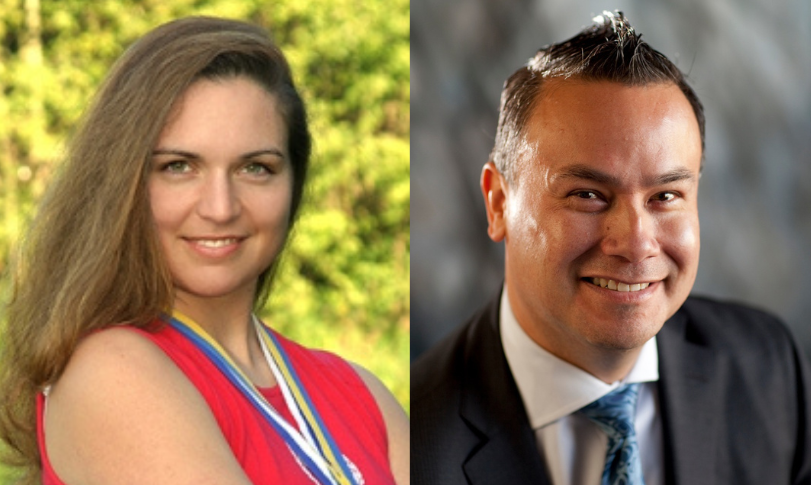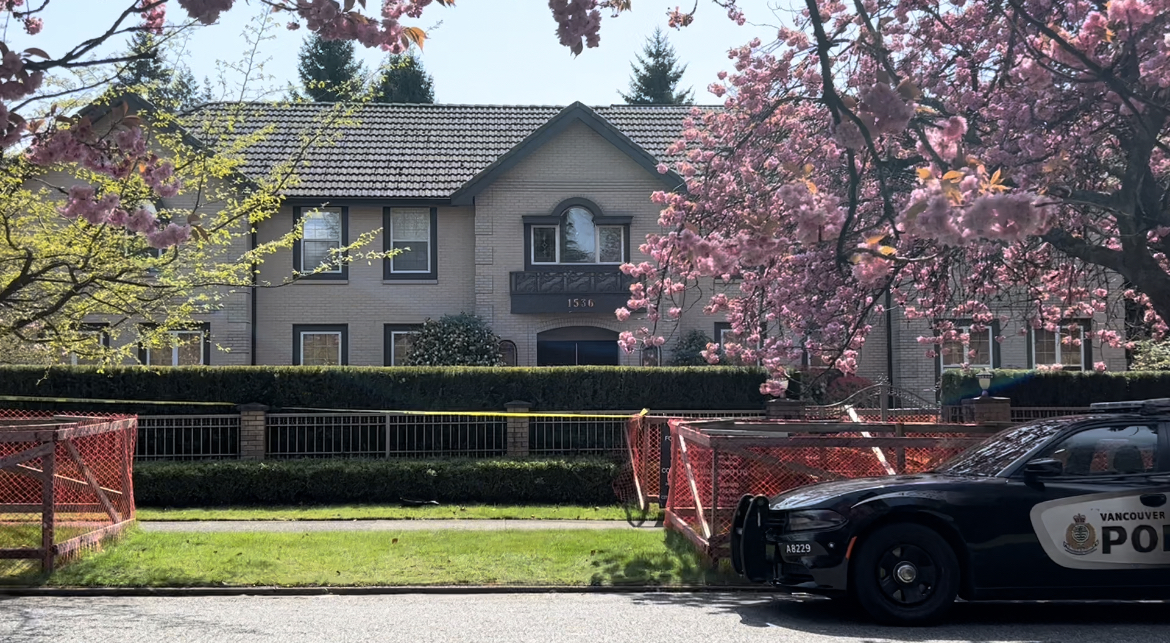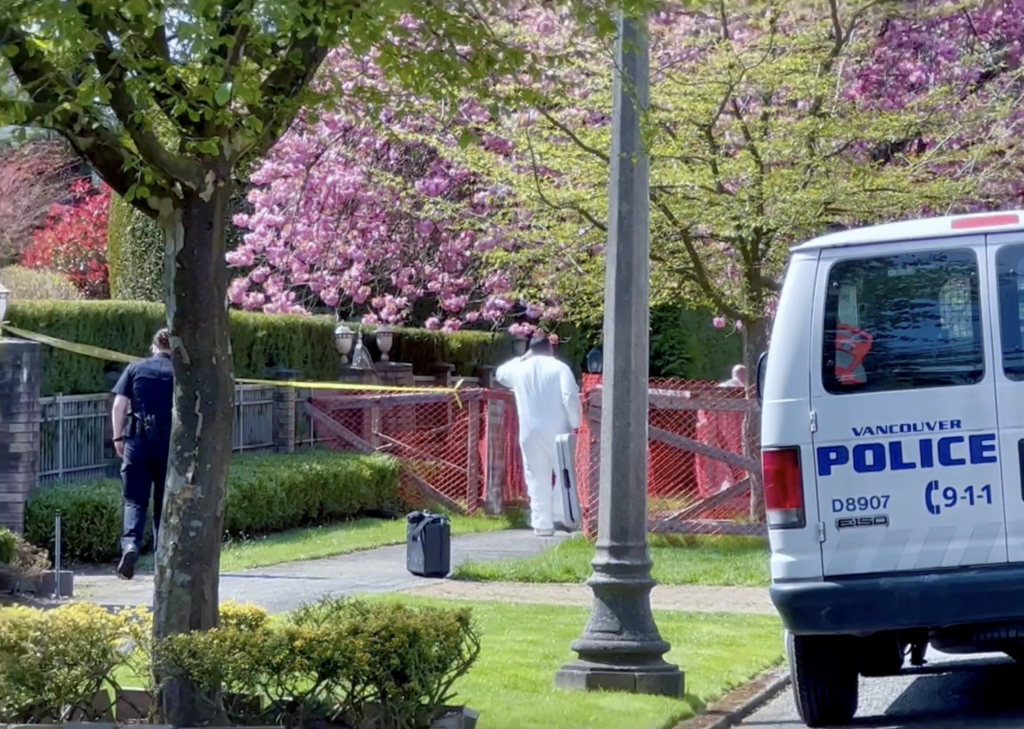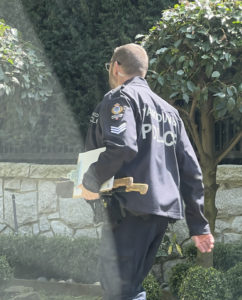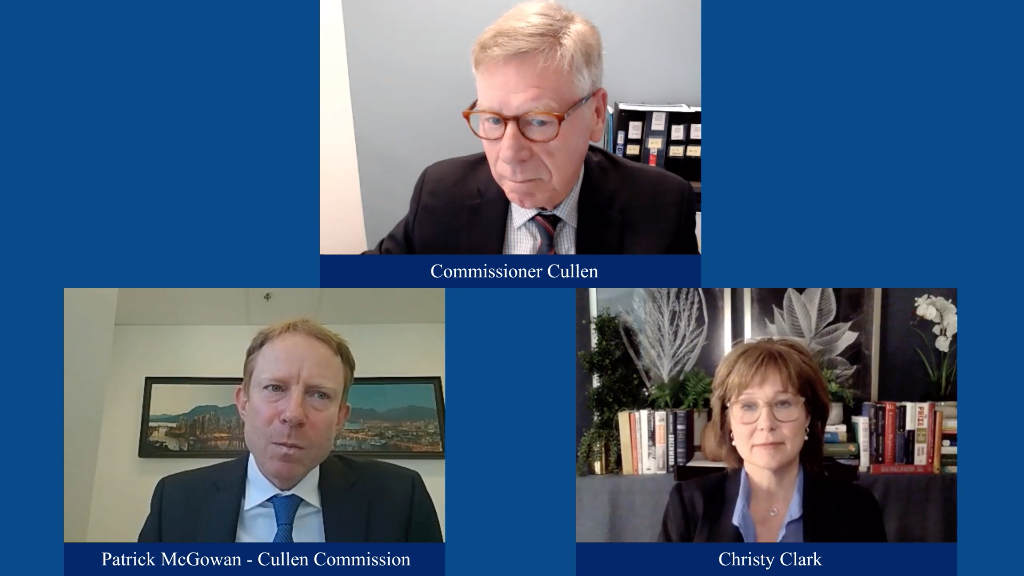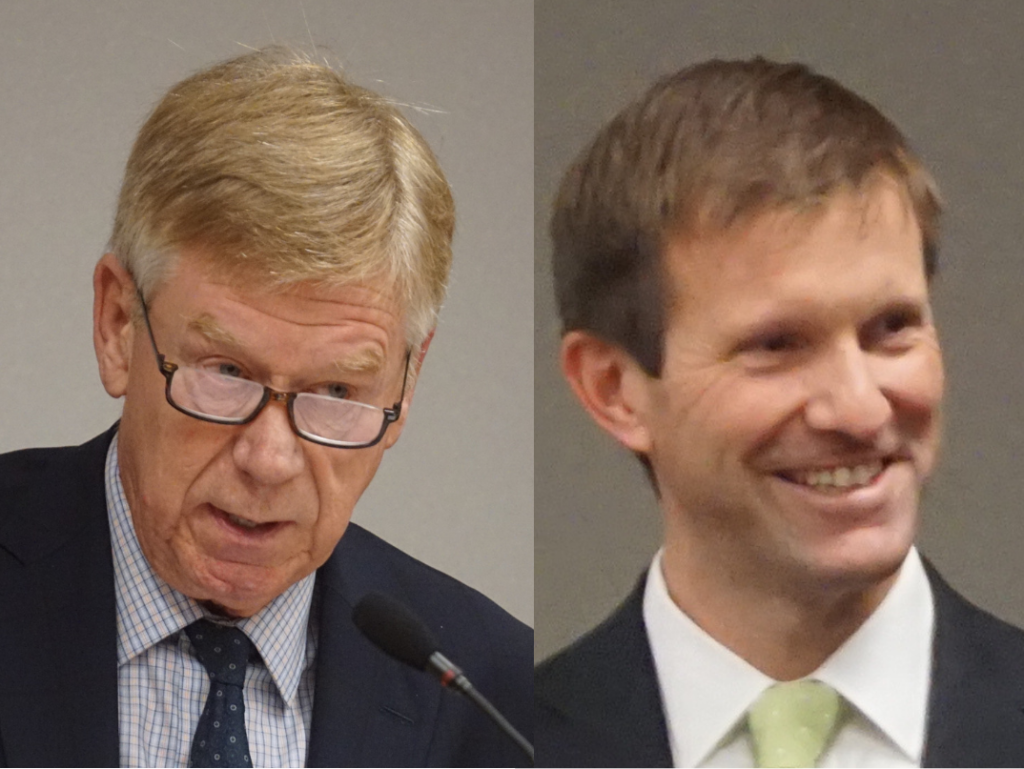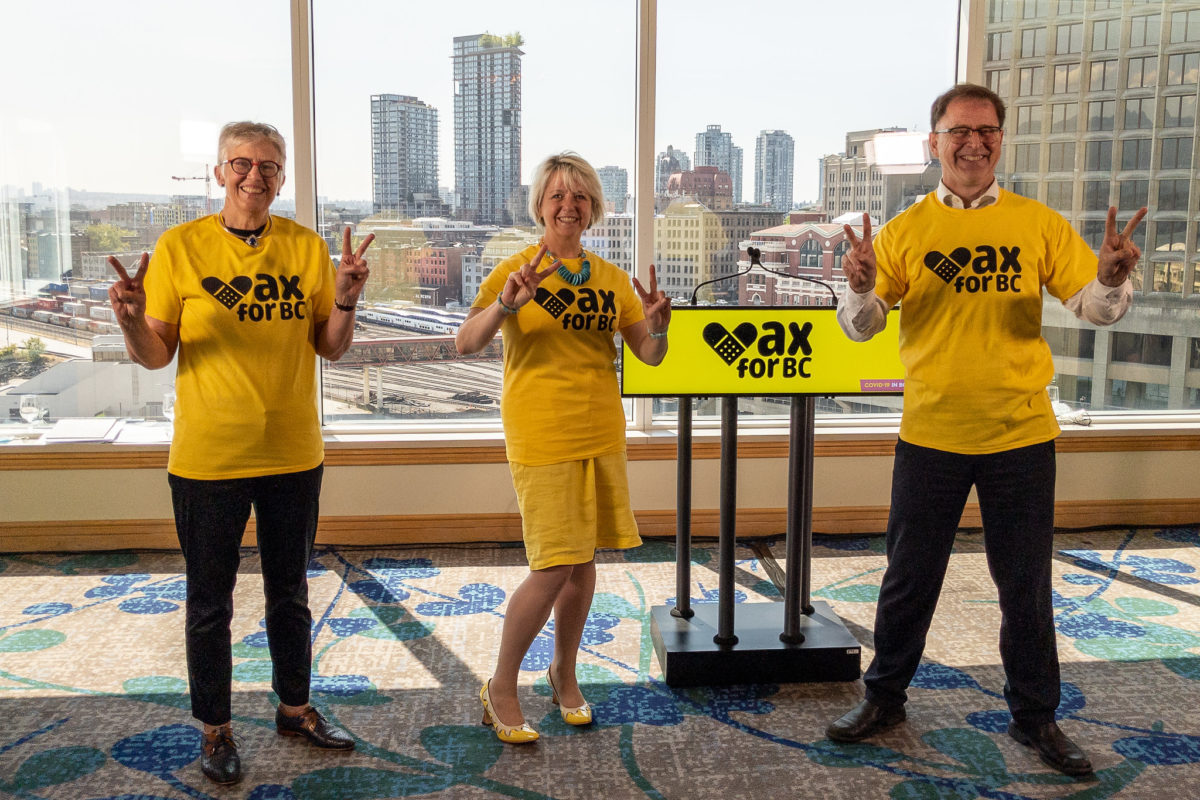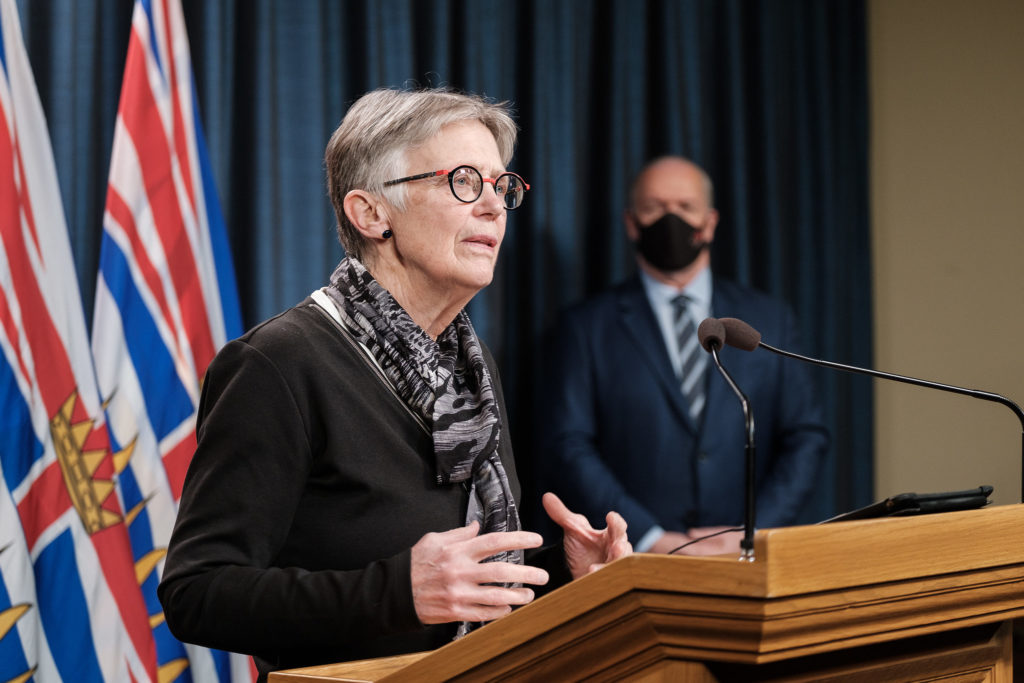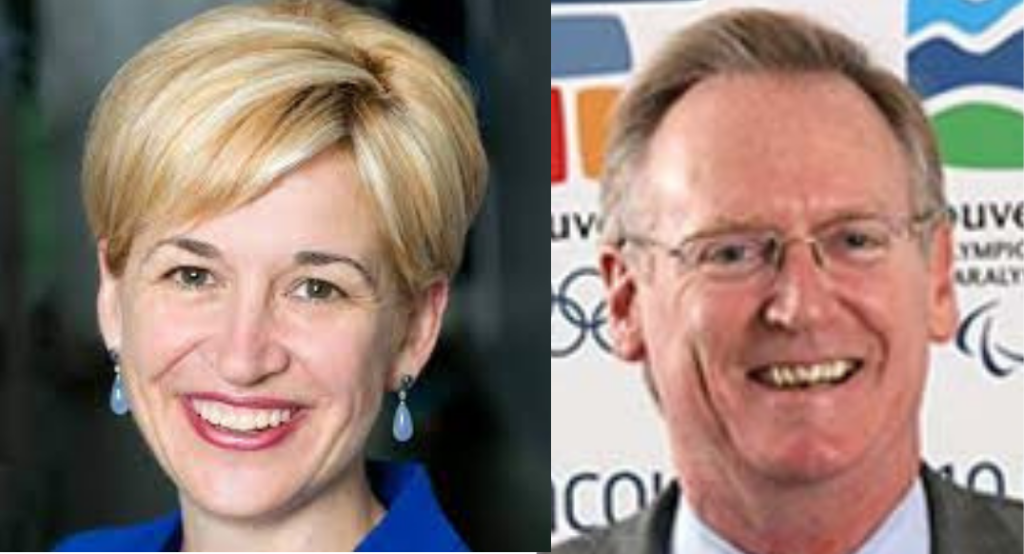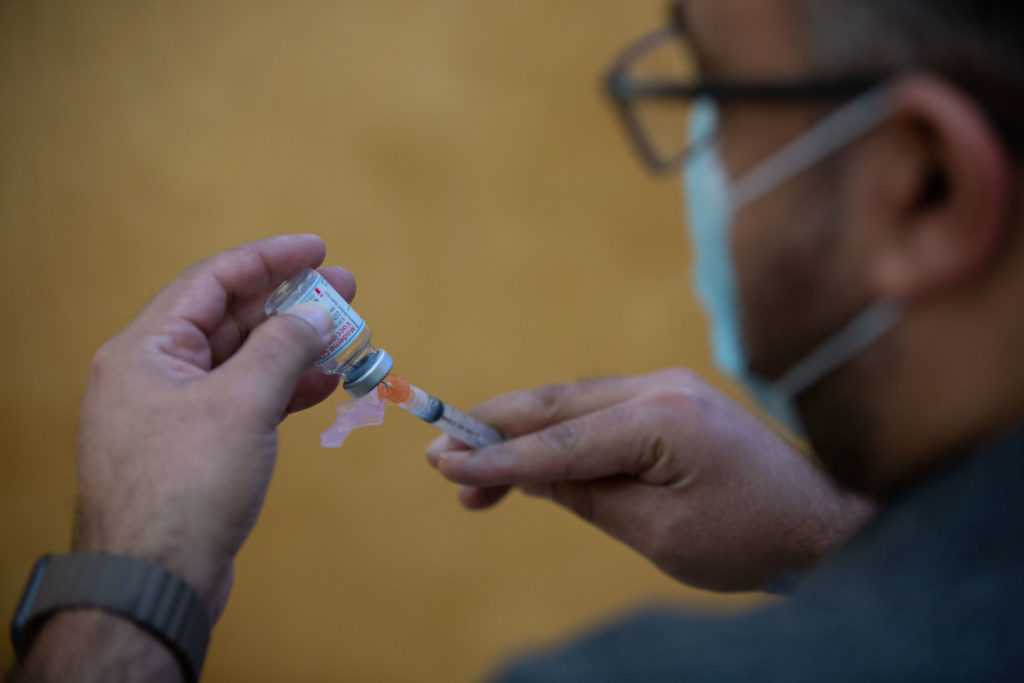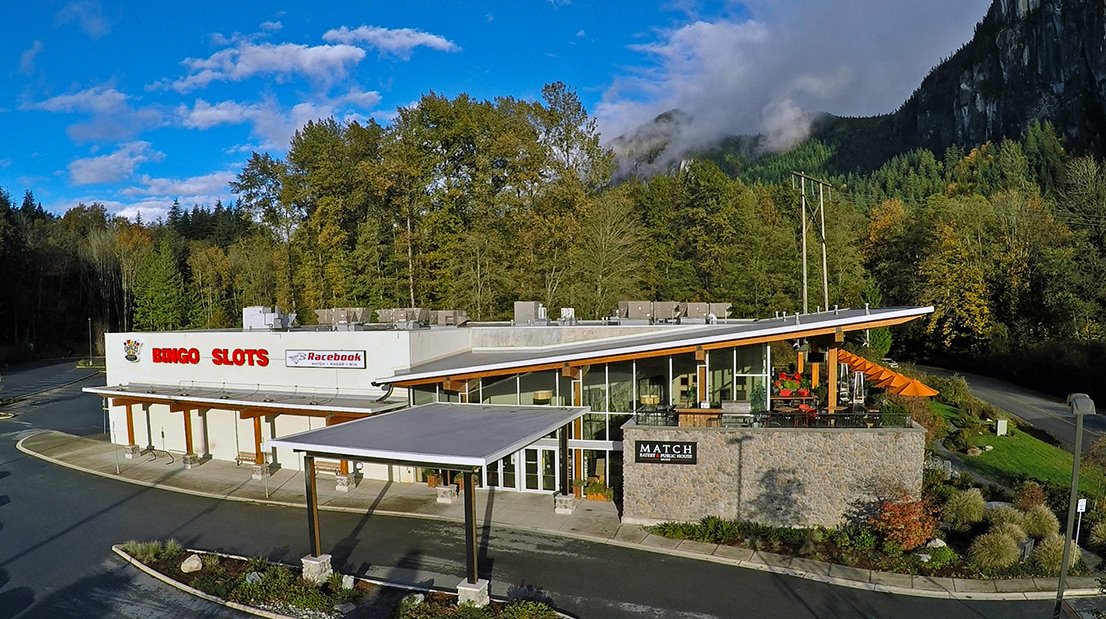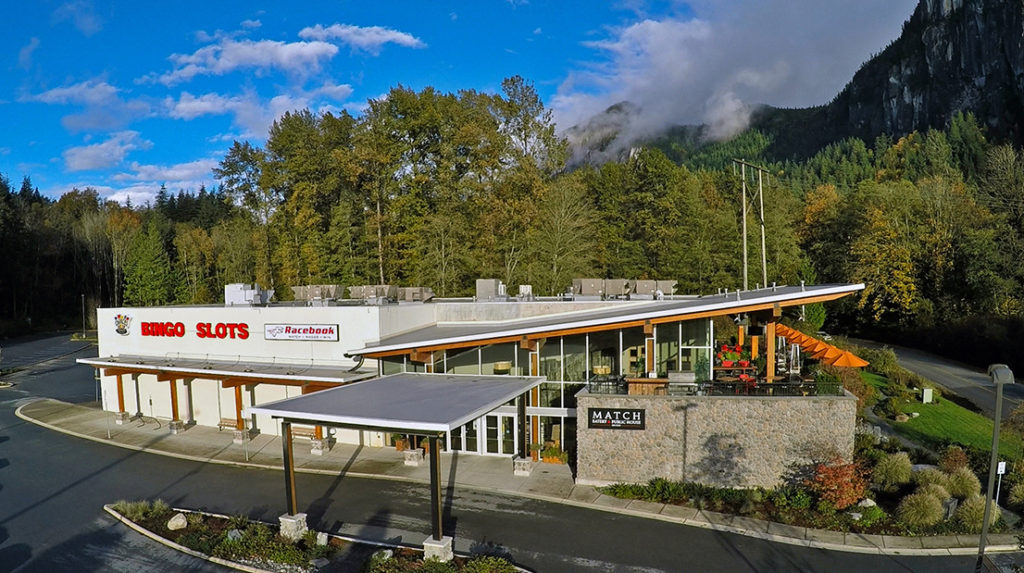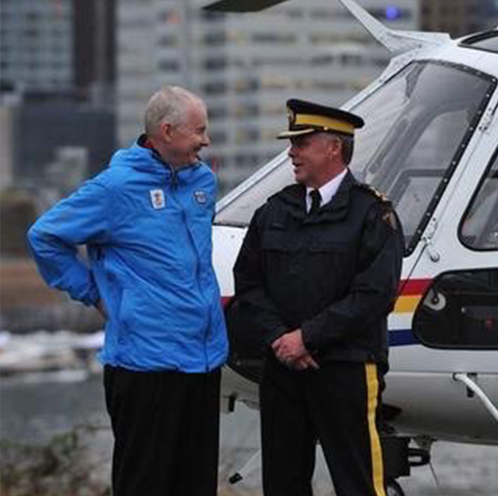SNC-Lavalin admits to more corruption, after Vancouver city council adds it to a preferred suppliers list
Bob Mackin
SNC-Lavalin has finally admitted to bribery in Quebec around the same time it was bidding in B.C. to build the Canada Line and the Bill Bennett Bridge.
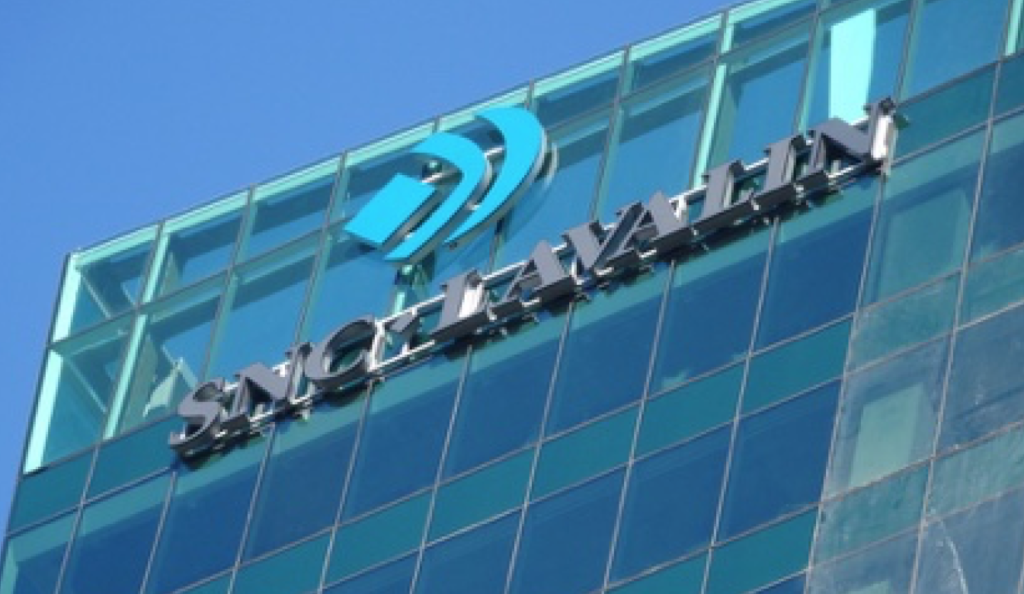
SNC-Lavalin’s Vancouver office (Mackin)
On May 6, SNC-Lavalin announced it would pay $29.6 million over three years under a remediation agreement with Quebec’s Crown prosecution office for kickbacks paid on the $128 million Jacques Cartier Bridge refurbishment contract from 1997 to 2004. A judge accepted the deferred prosecution agreement on May 11.
Last September, the RCMP announced the company and two former executives, Normand Morin and Kamal Francis, were charged with forgery and fraud. A Victoria resident, former Federal Bridge Corp. CEO Michel Fournier, admitted to taking $2.23 million in bribes through Swiss bank accounts. He pleaded guilty in 2017 and was sentenced to five-and-a-half years in jail, but paroled after two years.
SNC-Lavalin CEO Ian Edwards said in a prepared statement that he hoped the deal with Quebec prosecutors would allow the company to “turn the page.”
“We have extensively transformed the company in terms of governance, operations and culture, while continuing to draw on relevant best practices,” Edwards said.
SNC-Lavalin and Serco were among three groups shortlisted in 2003 for what was then known as the RAV (Richmond-Airport-Vancouver) rapid transit line. The SNC-Lavalin bid to build and operate the line, under the inTransitBC banner, was chosen in November 2004. The $2 billion project opened in summer 2009.
SNC-Lavalin was also named in May 2004 to the shortlist for the Okanagan Lake Bridge in Kelowna and the BC Liberal government awarded the contract just over a year later. The $144.5 million crossing opened in 2008.

SNC-Lavalin won the bid to become builder and operator of the Canada Line (BC Gov)
The B.C. Ministry of Transportation and Infrastructure has not responded for comment.
The Quebec announcement by SNC-Lavalin came two weeks after Vancouver city council rubber-stamped its inclusion on a nine-company list of preferred suppliers for environmental assessment and remediation over the next three years. City hall expects to spend $2.65 million on consultants for housing and parks development, community centres, streets, laneways and utilities, and to complete environmental and human health risk assessments.
The other companies were SLR Consulting (Canada) Ltd.; Pottinger Gaherty Environmental Consultants Ltd.; Active Earth Engineering Ltd.; AECOM Canada Ltd.; Core 6 Environmental Ltd.; Arcadis Canada Inc.; Thurber Engineering Ltd.; and Keystone Environmental Ltd.
Chief procurement officer Alexander Ralph refused to comment.
The staff-recommended list was adopted on consent, without discussion or debate, at the April 27 finance committee meeting. Absent for personal reasons was Coun. Colleen Hardwick, who had spearheaded a motion three years ago for the city to review its relationship with SNC-Lavalin and Bombardier.
Despite opposition from Mayor Kennedy Stewart and Coun. Christine Boyle, a majority of council agreed with Hardwick and ordered the review. But it was less-than-thorough.
Then-city engineer Jerry Dobrovolny’s May 6, 2019 memo included only one paragraph about SNC-Lavalin and attached a summary of purchase orders from 2010 to 2018.
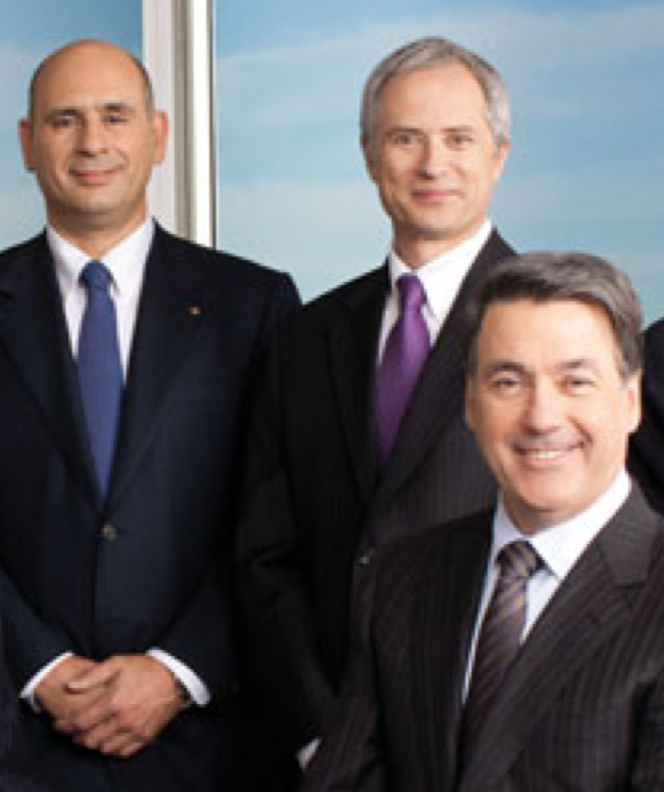
In the 2010 SNC-Lavalin annual report photo, Riadh ben Aissa (left), Jim Burke and Pierre Duhaime.
“Services include environmental testing, seawall design and inspection, and other design elements,” Dobrovolny wrote. “Approximately $1 million of the total noted in the table below represents 1.26% of the total professional and commercial services category awarded by the City from 2017-2018. During this time span a total of 716 professional and commercial services category contracts were awarded.”
TransLink vice-president of infrastructure Sany Zein and vice-president of strategic sourcing and real estate Derrick Cheung’s April 25, 2019 memo said TransLink had checks and balances to gauge competition and fairness for contracts, with advice from project boards, steering committees and lawyers.
From 2019 to 2021, SNC-Lavalin billed city hall $845,000. In 2020, the most-recent year available, TransLink paid SNC-Lavalin $28.3 million to operate the Canada Line. It also paid $2.8 million to SNC-Lavalin Constructors (Pacific) Inc.
SNC-Lavalin was shortlisted to build a new bridge to replace the Massey Tunnel by 2022, but the NDP government cancelled that project after Premier John Horgan came to power in July 2017.
In early 2019, SNC-Lavalin was actively lobbying then-Minister of Transportation and Infrastructure Claire Trevena while the NDP government was considering bids for the Pattullo Bridge and Broadway Subway. Around the same time, former attorney general and Vancouver-Granville MP Jody Wilson-Raybould revealed that Prime Minister Justin Trudeau had pressured her to drop a criminal prosecution of SNC-Lavalin for corruption.
SNC-Lavalin withdrew its bids for both transportation projects in July 2019 and Spain-based Acciona was eventually hired for both jobs. At the end of 2019, SNC-Lavalin pleaded guilty in a Quebec court to fraud and agreed to pay a $280 million fine for corruption in Libya.
Acciona’s bid team included the former head of SNC-Lavalin’s B.C. operation, James Burke, who had earlier served on a PartnershipsBC due diligence panel that reviewed the Broadway Subway business case.
Support theBreaker.news for as low as $2 a month on Patreon. Find out how. Click here.
Bob Mackin SNC-Lavalin has finally admitted to bribery






